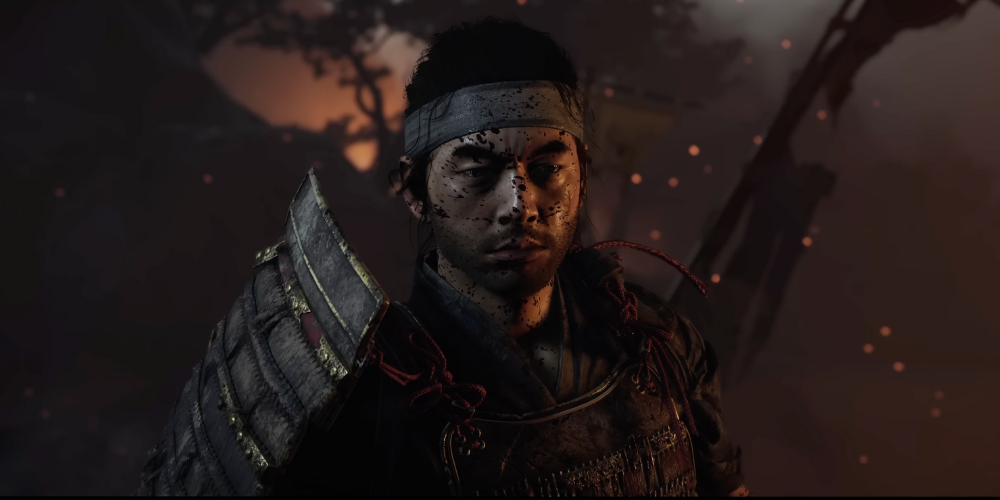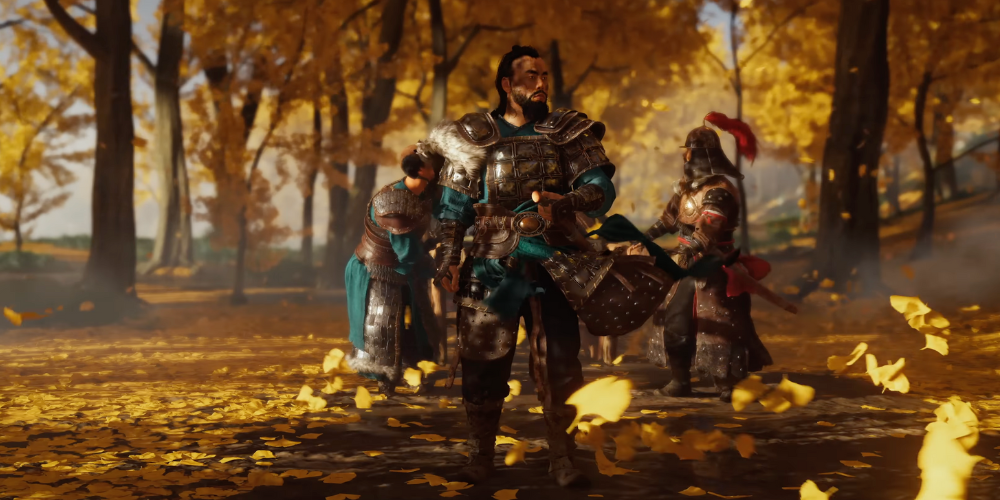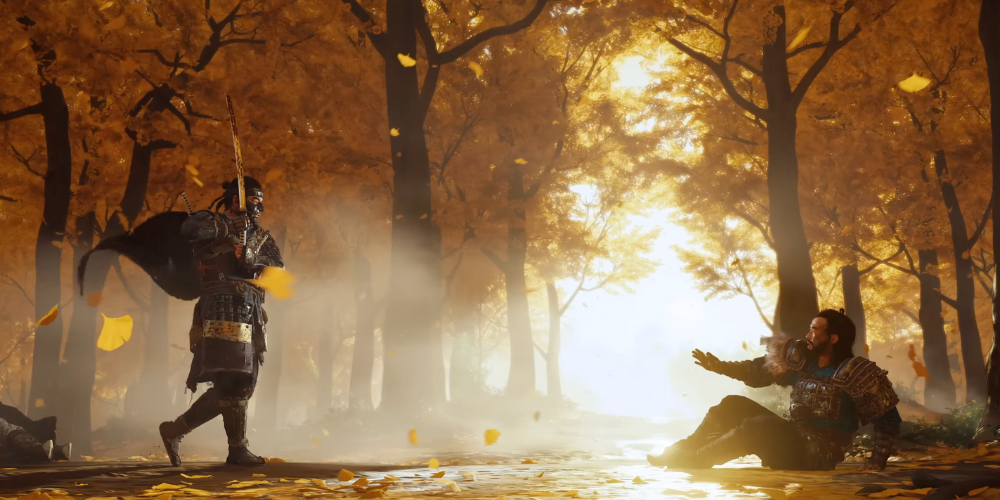The Art of Stealth in 'Ghost of Tsushima'
- Jul 15, 2024
- 0

'Ghost of Tsushima,' the captivating action-adventure game by Sucker Punch Productions, is a masterful blend of storytelling, aesthetic visuals, and immersive gameplay. Set amid the turmoil of Feudal Japan, the game delivers a compelling narrative with a realism that fully absorbs the player. One of the most intriguing aspects of the game is the role that stealth plays, making it more than just an ordinary game progression tactic.
Stealth in 'Ghost of Tsushima' is not merely optional; it's a critical aspect that forms a sophisticated gameplay mechanic. Far removed from being a tactical afterthought, this mechanic demands a significant proportion of player focus and insight. It's not enough to just 'use' stealth; to truly capitalize on its potential, the player needs to understand and master its underlying dynamics and subtleties.
As you navigate the landscapes of the game, stepping into the shoes of Jin Sakai, the last surviving samurai, you quickly realize the importance of stealth. The odds are against you, and survival hinges upon adept utilization of stealth. Remaining unseen, luring enemies into traps, and launching surprise attacks are rudimentary strategies you'll need to apply frequently. Practicing these moves to achieve seamless execution without raising an alarm transforms your gaming experience from merely playing a character to fully living the samurai code.

In this article, we aim to take you on a comprehensive exploration of stealth mechanics in the game. We will discuss the importance of stealth, delve into its various strategies, and share insightful tips and tactics to help you maneuver your way in the harsh yet alluring world of 'The Ghost of Tsushima.' Once you understand the depth and importance of stealth gameplay within this beautiful tapestry of action and adventure, your ability to navigate and enjoy this masterpiece will be significantly enhanced.
1. Understanding the Meaning of Stealth
In 'Ghost of Tsushima,' the concept of stealth extends far beyond the clichéd notions often associated with the term. It is not solely about slinking in the shadows unseen or treading softly to deter detection. Instead, stealth is represented as an intricate and strategic aspect of the gameplay that fundamentally influences your prospects of progression and survival. It's a methodology, a play style that requires you to deliberately integrate anticipation, decision-making, and execution in your actions.
Strategic anticipation lays the foundation of effective stealth. It entails staying a few steps ahead of your enemies mentally, predicting their moves, and planning your strategies accordingly. It's the understanding you'll need to decide where to hide, how to move, and when to execute your plans. Anticipation is about seeing the scenario unfold even before it takes shape, giving you an upper hand in situations where you are vastly outnumbered.

The concept of proactive decision-making in stealth involves acting based on the anticipatory conclusions you've drawn. Effective decision-making encompasses everything from mapping safe traversal routes to determining the optimal moment to strike or retreat. Your choices shape your experience and cumulatively affect the game's outcomes. Therefore, every move needs to be made assertively and aligned with the strategies you've outlined.
Disciplined execution complements anticipation and decision-making to execute the formulated stealth strategy successfully. It involves controlling your impulses, maintaining patience, and systematically exploiting opportunities as they appear. It could be a perfectly timed silent takedown, a precisely thrown wind chime to distract guards, or a well-planned retreat to keep your identity concealed.
In essence, to practice stealth in 'Ghost of Tsushima,' you assume the role of a tactful manipulator of the environment. You influence scenarios by diverting enemy attention when it suits you and making strategic choices about when to strike or remain hidden. By creating advantageous situations, you alter the rules of engagement, sculpting the very fabric of each confrontation to ensure your survival and success.
2. The Importance of Stealth

As the last surviving samurai, Jin Sakai is significantly outnumbered. In order to overcome these odds, you, the player, need to utilize stealth to thin out enemy numbers, distract opponents, and complete objectives with minimal confrontation. Rushing into battle can be fatal, but if you master the art of stealth, you can control the flow of the battlefield, making survival in the invasion-ridden Tsushima Island possible.
3. Essential Stealth Techniques
'Ghost of Tsushima' incorporates an array of stealth techniques that the player can employ. These include the classic approach of quietly eliminating unsuspecting foes or more sophisticated methods, such as using wind chimes to distract enemies. The game even allows for the use of smoke bombs to assist in eluding detection. Each technique has its specific dynamics, and over-reliance on just one could result in predictability and failure. Therefore, it's crucial to mix and match techniques for maximum stealth efficacy.
4. Mastering the Shadow Arts
Awareness, calm, and precision: the trifecta holy grail of stealth gameplay. In 'Ghost of Tsushima,' the successful stealth player must be aware of his surroundings, remain calm in high-pressure situations, and be precise in their movements. Only then will they truly master the Shadow Arts. The game encourages this by rewarding stealth-based gameplay through in-game rewards, highlighting the importance of a silent takedown or a calculated distraction.
5. The Moral Impact of Stealth

While deliberate in its placement of stealth in gameplay, 'Ghost of Tsushima' also contemplates the moral implications of a samurai resorting to such tactics. Stealth is a sharp departure from the samurai's honorable face-to-face combat doctrine. As you delve more into the game, you'll find the narrative wrestling with this moral tension, providing an added layer of depth to both the gameplay and the story.
6. Stealth: the Difference between Survival and Defeat
Armies are overwhelming, and battlefields are unpredictable. Therefore, stealth serves as the pivotal element that can shift the tide of a conflict in favor of the player. It grants them the power to dictate the terms of engagement, a luxury rarely found in open combat. Stealth represents not just a skill set within this fantastic game but a paradigm shift in gameplay that sets 'Ghost of Tsushima' apart from other action-adventure games.
Mastering the art of stealth in 'Ghost of Tsushima' goes beyond surviving the game's harrowing and beautifully constructed world. It offers an immersive and riveting experience that allows players to feel the pressure, triumphs, and moral quandaries of their character. Welcome to the world of Feudal Japan, where you become the shadow that influences the fate of Tsushima Island.